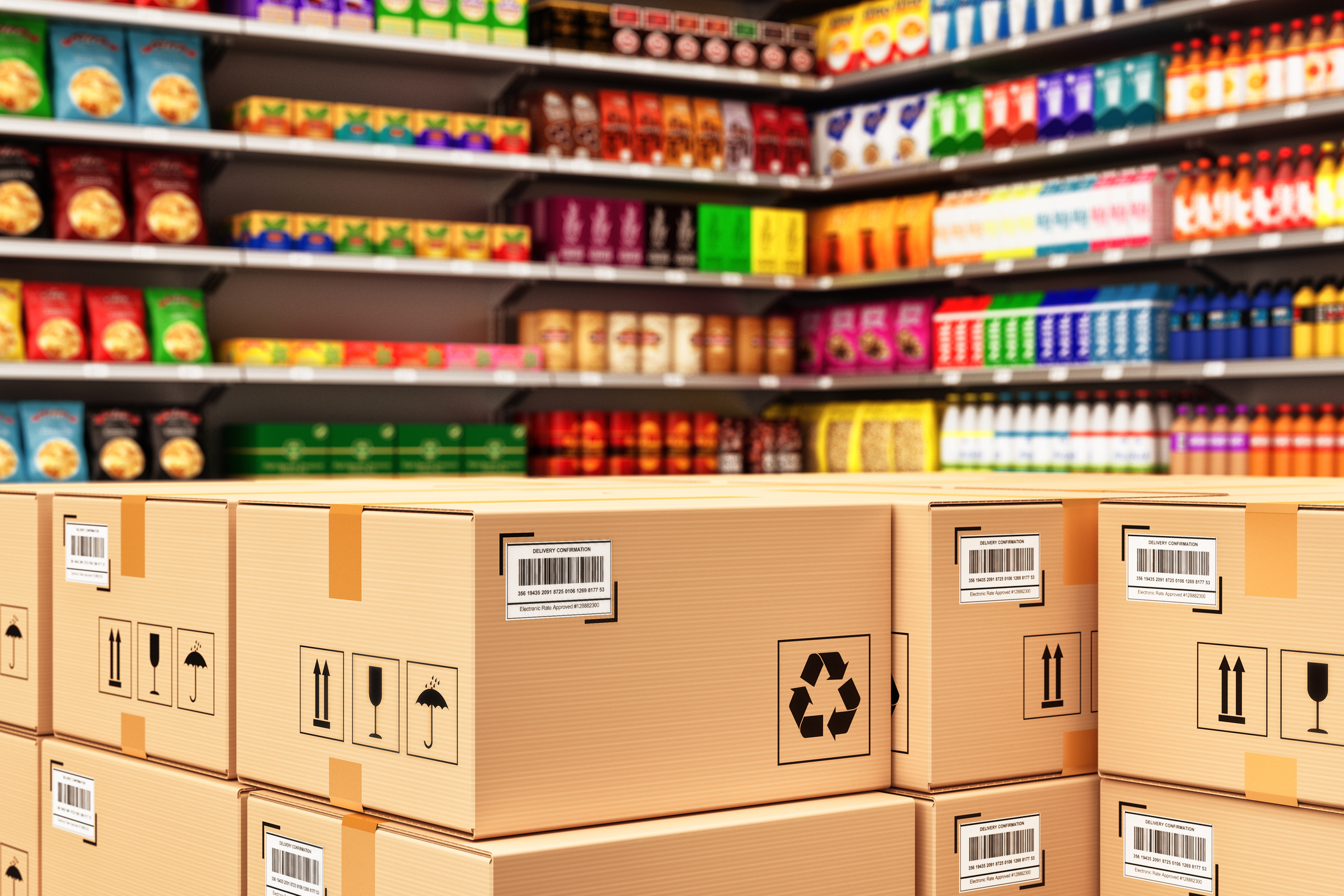Safer products: stepping up checks and inspections to protect consumers

Rules to ensure better checks and safety of goods sold in the EU were approved by the Internal Market Committee.
The “Goods package” contains two legislative proposals: one on compliance and enforcement and the other on mutual recognition. Together they aim to strengthen checks made by national authorities and customs officers to prevent unsafe products from being sold to EU consumers and to make it easier for companies, especially SMEs, to sell their products across Europe. These measures should also prevent rogue traders from gaining an unfair competitive advantage over companies that respect the rules.
Unsafe and non-compliant products are still circulating on the EU market. Joint inspections by market surveillance authorities have shown that 32% of toys, 58% of electronic devices, 47% of construction products and 40% of personal protective equipment inspected do not meet the safety or consumer information requirements (e.g. labelling or placing of warnings) laid down in EU laws.
Stepping up cooperation to detect faulty products
There are over 500 different authorities responsible for market surveillance in the EU member states. The proposed regulation on compliance and enforcement provides for them to cooperate and coordinate better, based on an increased exchange of information on faulty products and ongoing investigations, and through the creation of an EU Network, to which MEPs give new tasks and powers. Market surveillance, including of products sold online, and national authorities’ powers to investigate and enforce rules are also strengthened and clarified in MEPs’ amendments.
The Internal Market Committee wants a common methodology for assessing risks and uniform conditions for checks on specific categories of products. Provisions on partnership agreements were deleted from the proposal in order to avoid possible conflicts of interest between public authorities and economic operators.
Online sales
The growth of e-commerce and emergence of new technologies pose new challenges and threats. The new rules require EU member states to ensure proper market surveillance of products sold online to protect consumer health and safety. EU countries should make sure that there are enough “online inspectors” to carry out these activities.
Reference person required for non-EU companies
All companies selling products in the single market, including those from non-EU countries, will have to designate a person in the EU who can be contacted directly about compliance issues and must remedy any case of non-compliance.
Improving mutual recognition
The mutual recognition principle requires that a good that is lawfully marketed in one member state should not be banned in another member state. The proposed regulation on mutual recognition aims to reduce trade barriers within the single market, simplify procedures for companies and national authorities, enhance cross-border cooperation and improve problem solving.
